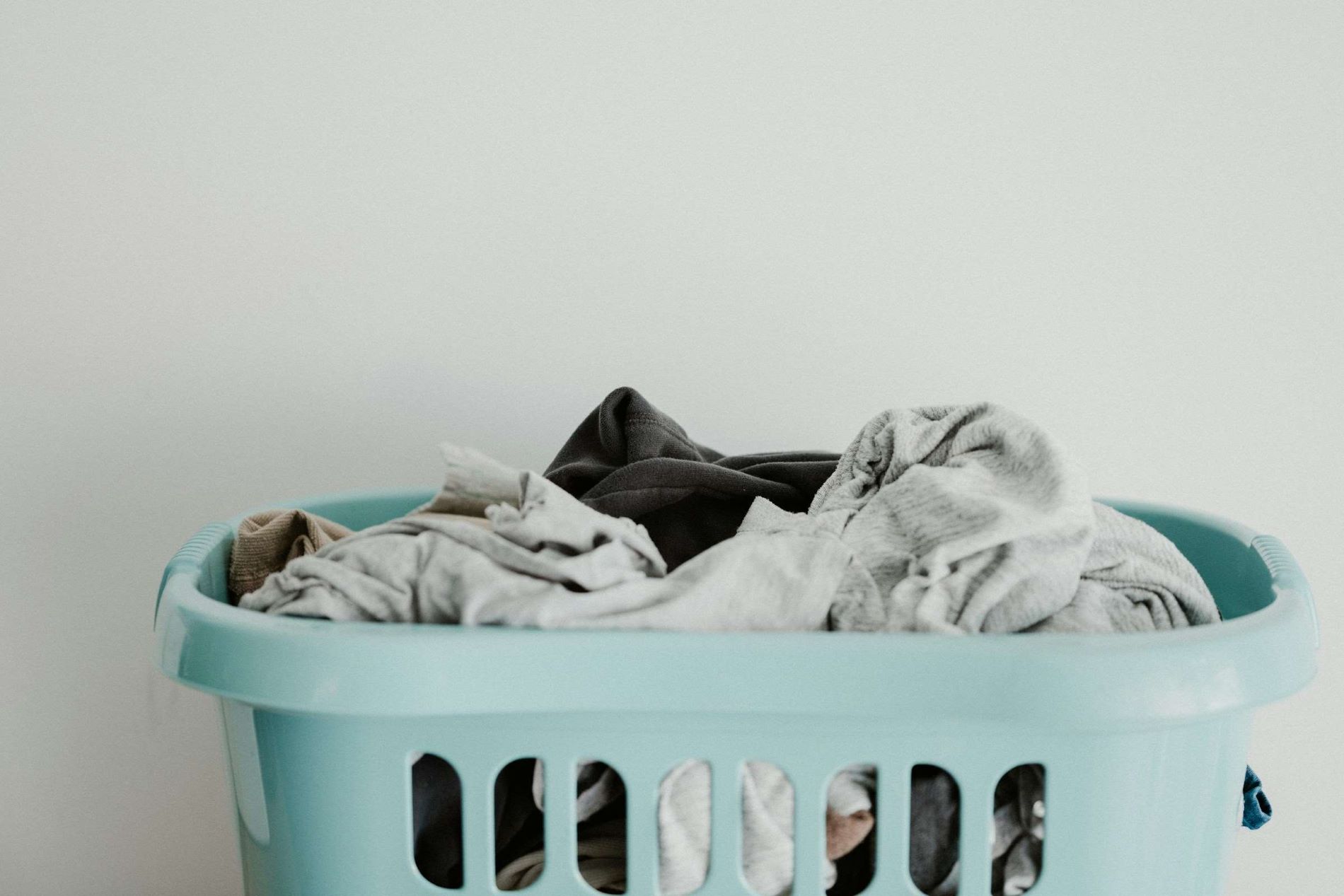
Sustainable Ways To Wash Clothes
Most detergents, such as washing powder or liquid detergent, contain toxic chemicals that are difficult to biodegrade and that can lead to allergic skin reaction. Here are environmentally friendly alternatives to conventional detergents that are good not only for our skin, but also for our planet.
We had a look at sustainable tourism practices, as well as at sustainable solutions to food leftovers problem; but what can we do to make our washing routine more eco-friendly?
ECO WASHING BALL
What is it?
Producers of washing balls claim that this product washes clothes without detergent and chemicals, which makes it particularly suitable for allergy sufferers and small children. The durability of washing balls impresses, since most of them last up to 1000 loads of laundry, which constitutes 2-5 years of usage. As a result, it allows you to save resources and money.
How does it work?
A washing ball usually consists of a recyclable case filled with ceramic balls and double-installed magnets. According to the instructions, these elements increase the PH value of the water that helps to remove dirt from your clothes. Moreover, mechanical friction between the ball and textiles also contributes to the cleaning.
How to use it?
Generally, the laundry ball is suitable for all washing machines, programs, and all types of fabrics, even delicate ones like silk and wool. It is very easy to use: just put the ball in the washing machine together with your clothes, start the desired program, and that’s it. You don’t need any additional detergent when you are using the ball to wash your clothes, though you may like to give a fresh smell to your clothes by adding etheric oil.
Note: While the washing ball represents a great alternative for washing light stains and refreshment, it may show less effectiveness in removing stubborn stains. This is due to the absence of a specific stain removal agent inside the ball. In order to cope with stains, add two tablespoons (30 ml) of baking soda directly in the drum of the washing machine, alongside the washing ball.
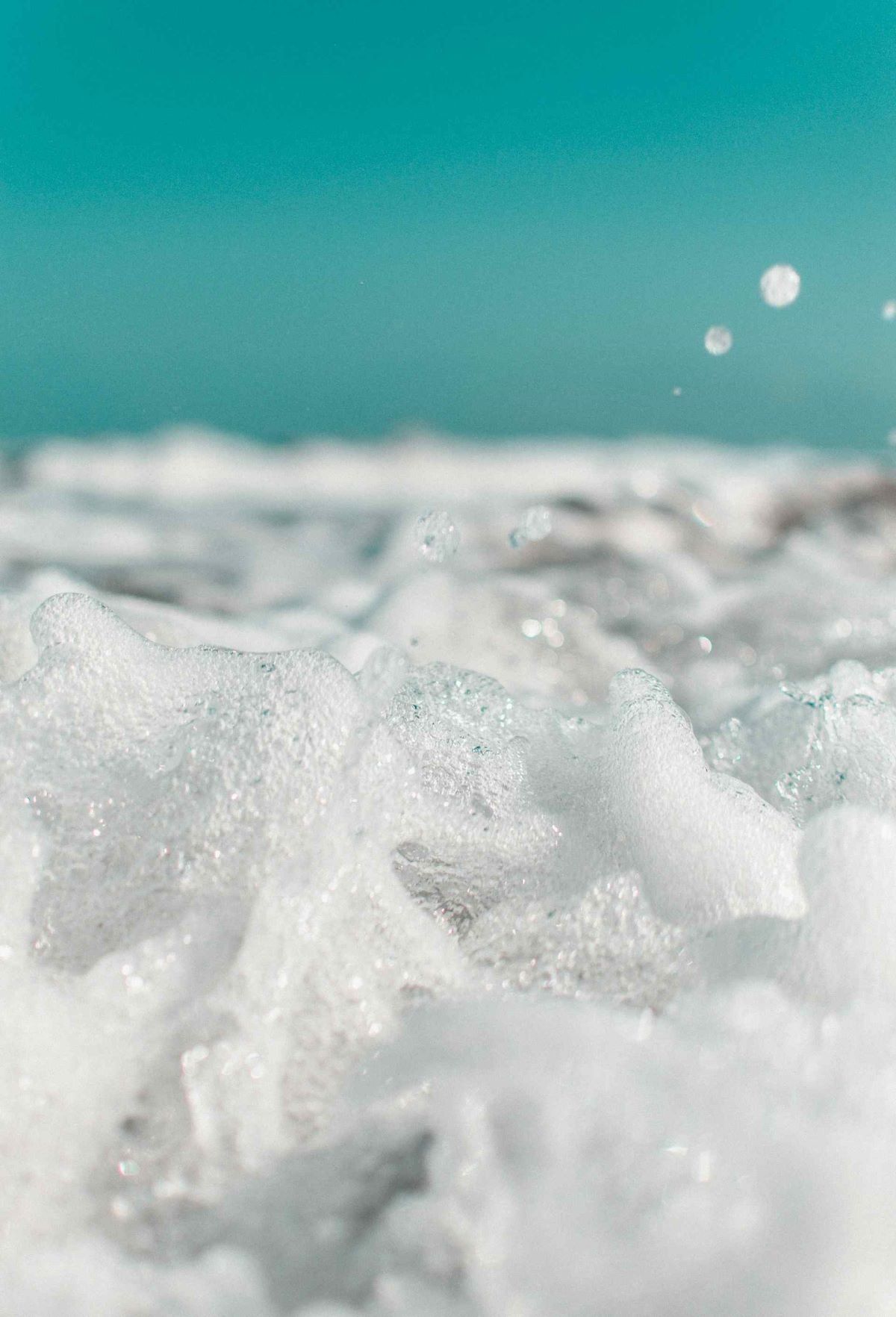
PLASTIC-FREE LAUNDRY STRIPS
What is it?
Plastic-free laundry strips represent pre-measured ultra-concentrated sheets of liquidless laundry detergent that fully dissolve in both cold and hot water. Besides coming in a compostable cardboard package, they consist only of biodegradable ingredients. Since laundry strips are much lighter and more compact than liquid detergent, they are also easier to ship, which means less emissions from transportation.
How to use it?
Laundry strips work in all types of washing machines, including high efficiency. Simply place one strip into the drum and add clothes. For handwashing, tear a strip in half, dissolve it in water and add your laundry.
Note: Stubborn stains should be treated manually.
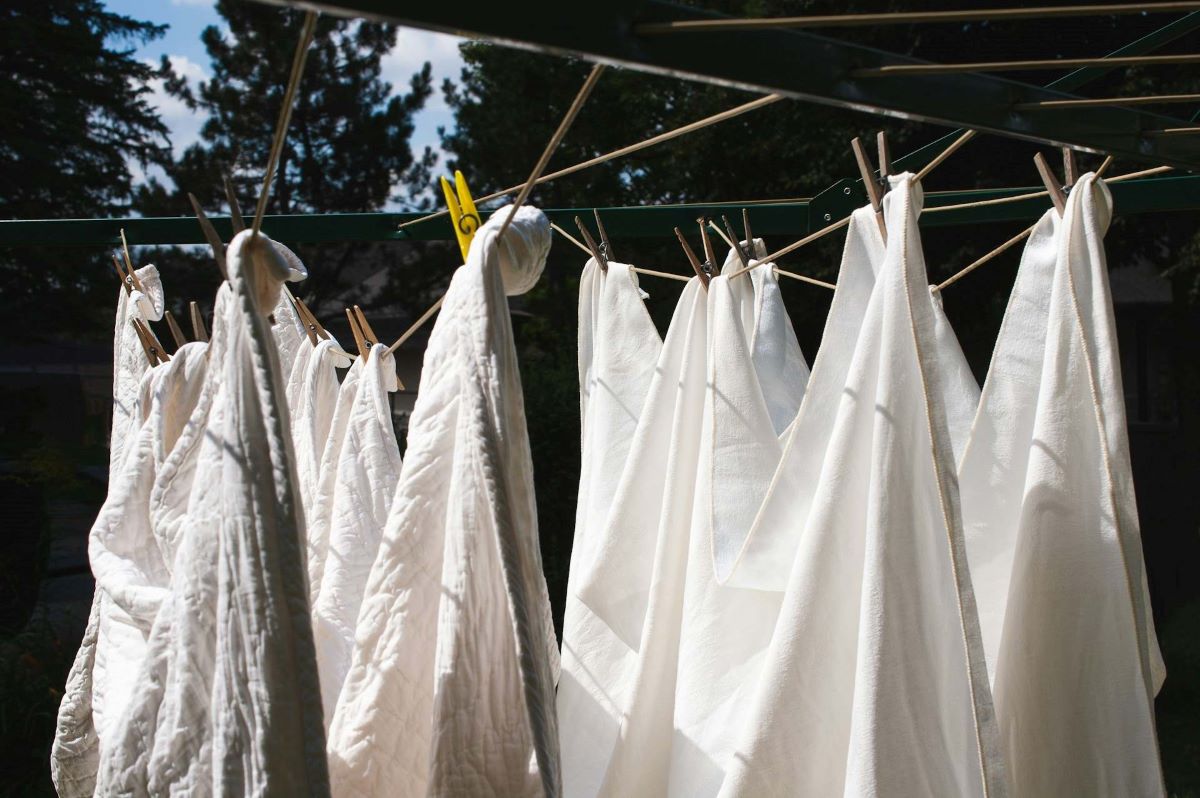
CHESTNUT LAUNDRY DETERGENT
For those who prefer DIY, laundry detergent with horse chestnuts is a perfect sustainable alternative.
How to do it?
- Cut 8-10 chestnuts in four pieces;
- Place them into a glass jar;
- Cover the chestnuts with 500ml of hot water;
- Leave it standing overnight;
- Strain the soap solution to remove any solid particles or larger chestnut pieces;
- If you wish, add etheric oil for a good smell;
How to use it?
- Add 250ml of chestnut soap to your washing machine’s detergent compartment.
Note: Chestnut laundry detergent may have a slight bleaching effect on dark or colored fabrics. To prevent any potential discoloration, you can either test the soap solution on a small area of the fabric or avoid using it for dark-colored items.
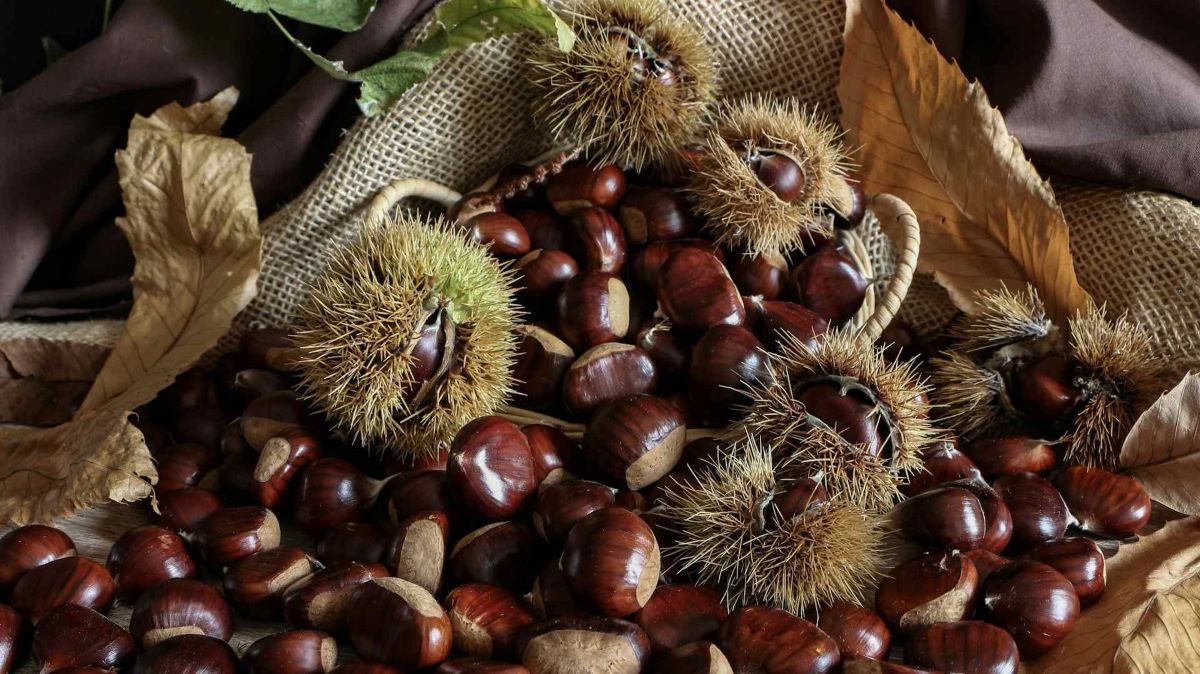
NATURAL LAUNDRY BAR SOAP
If all of the above mentioned options do not suit you, then you should turn to the old-school method that our grandparents resorted to. A natural laundry bar soap is biodegradable and usually packed in an environmentally friendly way which provides it with a good CO2 balance. It is a great sustainable way to treat stains on clothing, especially those that require more attention and handwashing.
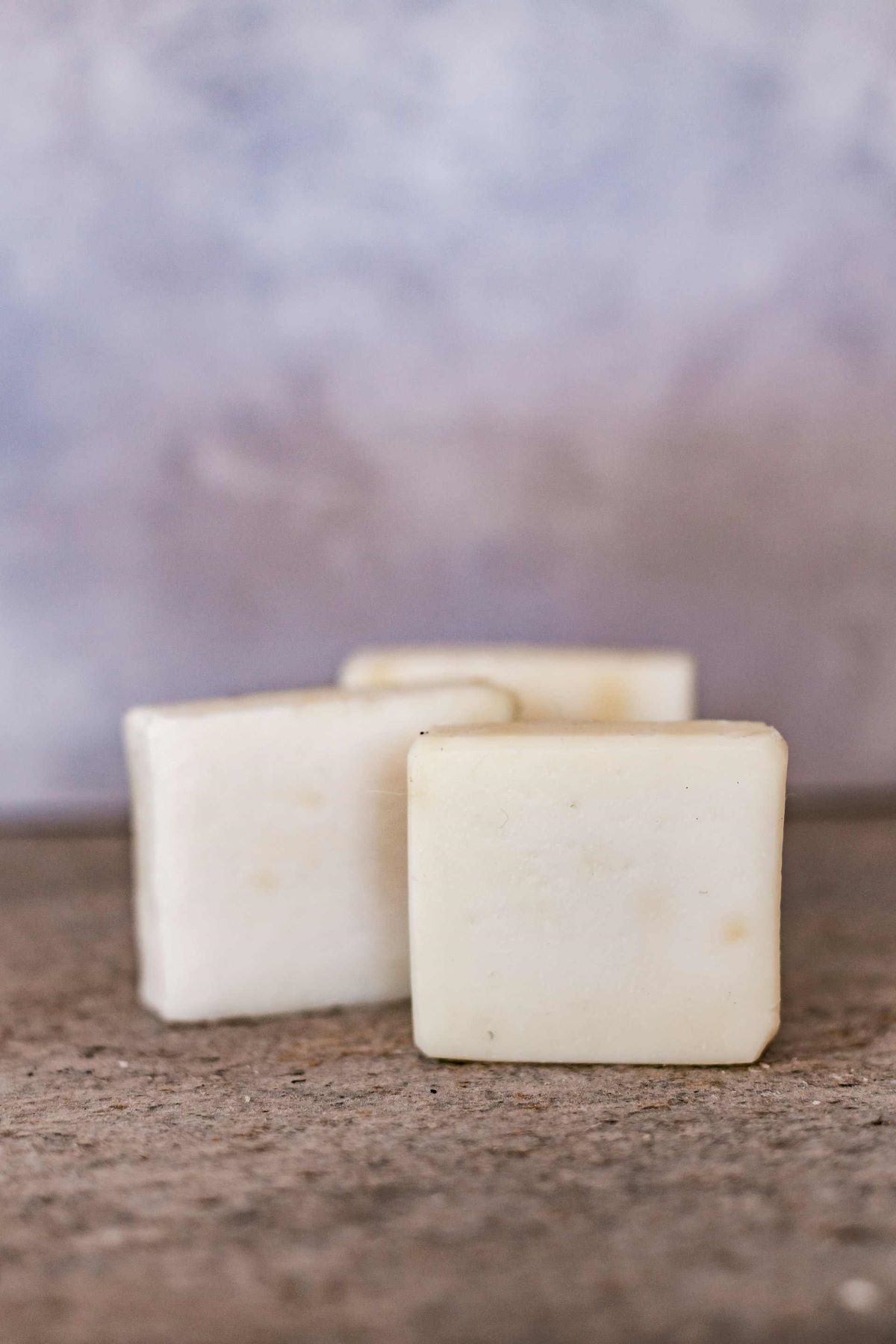
Highlight Image: © Annie Spratt via Unsplash
+ Words:
Kseniia Gavrilova
Luxiders Magazine








